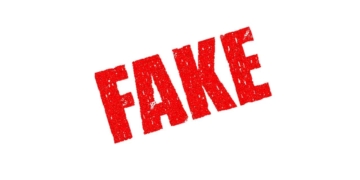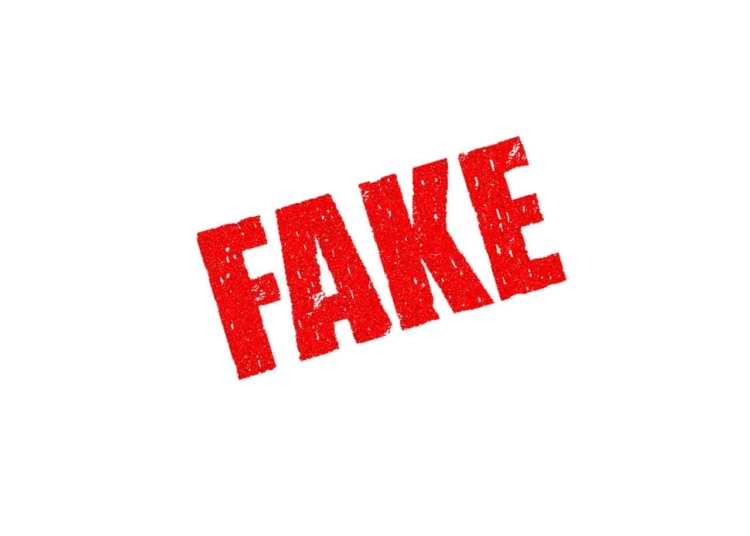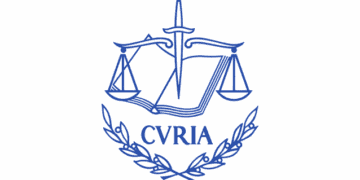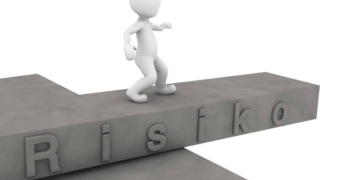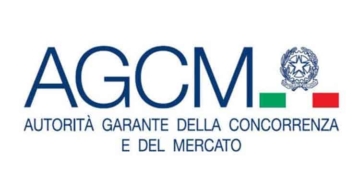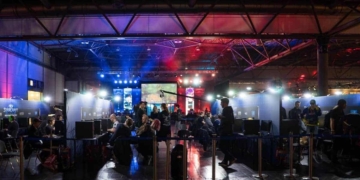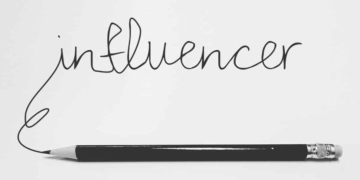On Friday I published an article on statements on websites and the danger of misinformation, see here, which received quite a lot of attention.
As is shown, the wealth of jurisprudence on the subject is huge and often the distinction not of opinions, untrue facts and criticism of insults is not easy. In keeping with the topic and the reason for the article, namely problematic and unproven statements regarding an esport team, there is just a new ruling of the Hamburg Regional Court.
According to that law, true but nevertheless business-damaging statements about competitors are inadmissible and can be admonished accordingly. The General Court justified the decision on the grounds that:
True but business-damaging statements of fact are only admissible if there is a factually justified interest in information on the part of the public concerned. In addition, the competitor must have sufficient reason to combine its own competition with the reduction of the competitor.
This is all the more true for possible true but unproven claims ‘into the blue’.
And as I also point out in the last article, it should be clear that there is not only a risk of litigation costs, but that compensation can also be included. One was also recognised in the present case:
The right to a determination of the defendant’s obligation to pay damages is with regard to the statements made in accordance with I.1. and I.3. pursuant to Paragraph 9 of the UWG, since the defendant made these statements negligently. He could have seen that these statements go beyond the justified and demonstrable factual criticism. Since the damage caused by those statements has not yet been completed, the applicant cannot yet definitively quantify or estimate the damage caused to it, so that the application for a declaration is admissible under Paragraph 256 of the ZPO.
Incidentally, the General Court also makes it clear that the burden of secondary presentation of the person concerned is very limited.
Under those rules, statements damaging to the business about competitors are unfair if they reduce or denigrate the competitive competitor’s business conditions (Section 4(1) Of the UWG) or if they contain statements of fact that are not truthfully true. 4 No. 2 UWG). According to Paragraph 4(2) of the UWG, the burden of presentation and proof of the truth of statements of fact relating to competitors that are detrimental to business is borne by the external. This also applies to statements about the competitor’s internal business processes. A secondary burden of assertion of the competitor concerned can at most be considered under very strict conditions. Business-damaging factual statements about internal operations of the competition do not mean that the competitor concerned would have to disclose internal transactions in order to safeguard its rights. This may be considered at most if the respondent has already set out and demonstrated to a significant extent facts which support the accuracy of his allegations.
The overall circumstances are therefore always particularly important. And these, coupled with the jurisprudence, are unlikely to be able to evaluate ordinary editors, streamers, or other creators.
